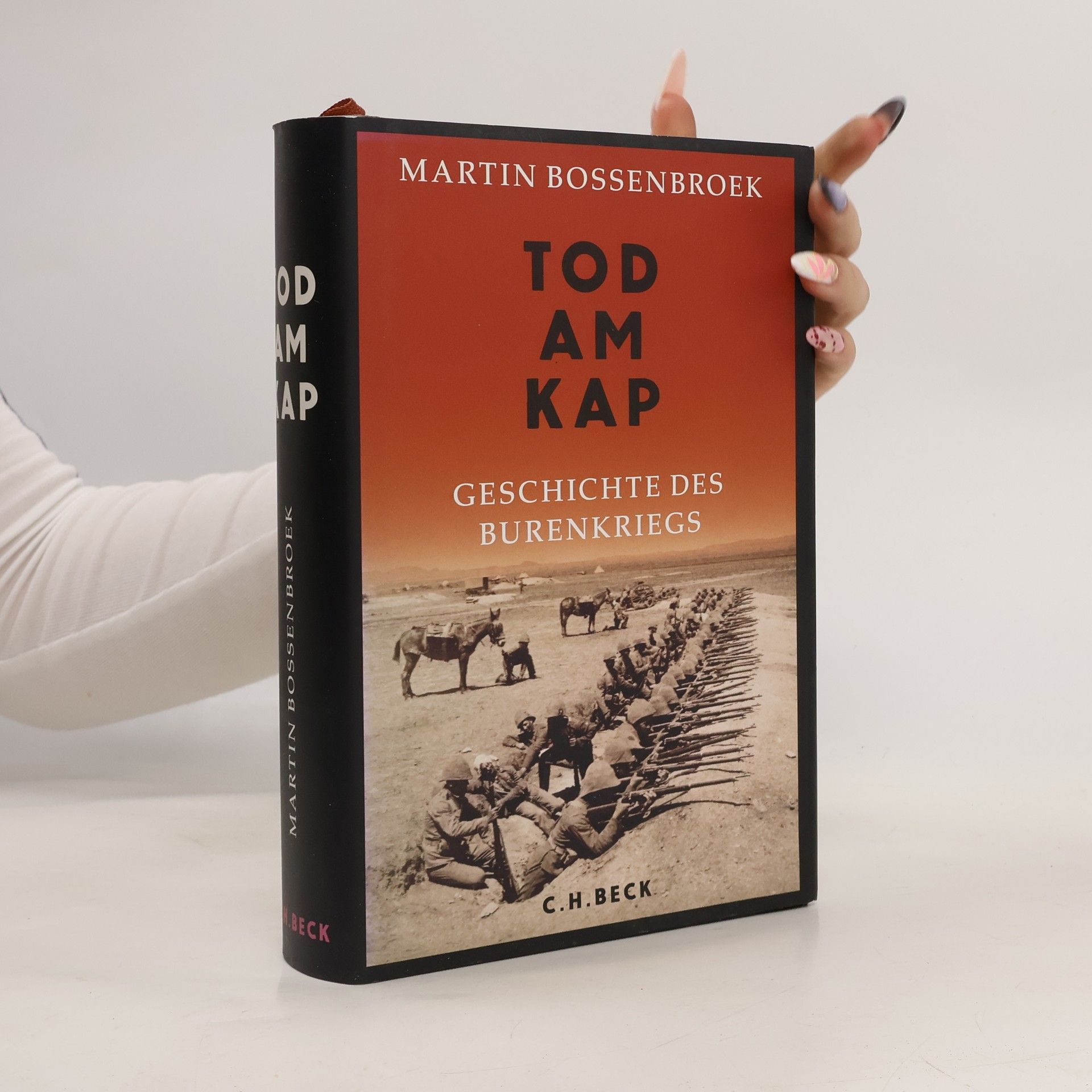Martin Bossenbroeks preisgekrönte Darstellung des Burenkriegs (1899 – 1902) ist aus der Perspektive des niederländischen Juristen Willem Leyds, des britischen Kriegsberichterstatters Winston Churchill und des burischen Kämpfers Deneys Reitz geschrieben. Deren Tagebücher, Briefe und Reportagen gewähren einen unmittelbaren Einblick ins Geschehen und informieren präzise und umfassend über Vorgeschichte, Motive, Verlauf und Folgen der Auseinandersetzung. Angelockt von reichen Bodenschätzen, nicht zuletzt Gold und Diamanten, kommen immer mehr Abenteurer in die Burenrepubliken Oranje-Freistaat und Transvaal – viele von ihnen britische Uitlanders. Als die Buren ihnen die Gleichstellung verwehren, schickt die Regierung in London eine Viertelmillion Soldaten ans Kap, um die Region dem Empire einzuverleiben. Die Welt erhält eine Vorahnung des totalen Kriegs: Britische Truppen schlagen Schneisen der Verwüstung durch die Burenrepubliken und weiten den Krieg gnadenlos auf die Zivilbevölkerung aus. Sie internieren 230.000 Menschen in concentration camps, 46.000 sterben, die meisten von ihnen Kinder. Im Kampfgebiet waren damals etwa 200 Korrespondenten unterwegs und versorgten die Weltöffentlichkeit so gründlich mitInformationen wie noch von keinem Krieg zuvor. Dank intensiver Auswertung dieser reichen Quellen kann Martin Bossenbroek ein so dichtes Bild des Burenkriegs entwerfen wie noch kein Autor vor ihm.
Martin Bossenbroek Bücher
